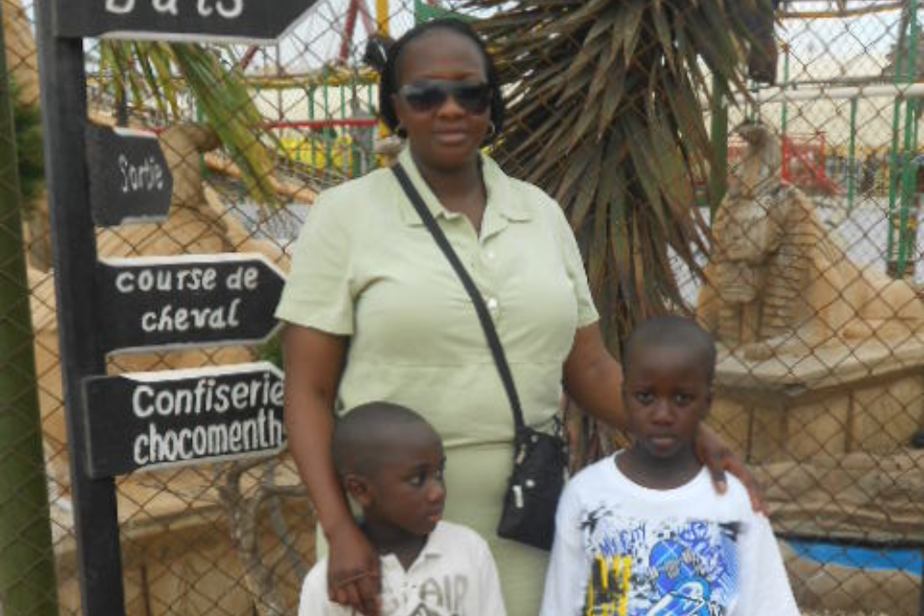The best of both cultures: How one teen embraces his Senegalese-American identity

For many first-generation Americans, it can be hard to balance multiple cultures.
Amadou Gaye was the first member of his Senegalese family to be born in the United States. Growing up, his mom stressed the importance of prioritizing his education in the U.S. while maintaining a connection to his Senegalese heritage.
RadioActive’s Idrissa Gaye has this story about his older brother.
[RadioActive Youth Media is KUOW's radio journalism and audio storytelling program for young people. This story was entirely youth-produced, from the writing to the audio editing.]
W
hen my brother Amadou was younger and growing up in Seattle, he struggled to find a middle ground between his American and Senegalese identities.
“Some struggles I went through as a first-generation American [were] not being comfortable being a first-generation Senegalese American until a later stage in my life,” Amadou said. “There wasn't a lot of Senegalese Americans or West African Americans in the community that I came in.”
Starting in 2011, when I was 5 years old, my mom, May Gueye, would take my brother and me to Senegal for the summer. Every trip was a different experience.
Sponsored
When we were younger, the trips were about getting to know our family and seeing Senegal as tourists. As we got older, the trips served more as an understanding of the culture and seeing it more like our home.
“All the important stages of my life, I was able to go back and pick up new knowledge and new identity when I would come back from Senegal to Seattle,” Amadou said. “I think that kind of grounded me and helped me be comfortable within my culture as a Senegalese American.”
I asked my mom what she wanted us to get out of those trips to Senegal.
“My hope was making you aware of your background, the culture you came from, and having you exposed to the culture and knowing also your relatives there,” she said. “But not only that, you're part of two cultures, and I wanted you guys to grab what's best from each of them.”
Sponsored
My mom moved to the United States with the intent of pursuing her studies, so she made sure education was always a top priority in our household.
In 2021, Amadou became the first person in my family to graduate from high school in America. I asked my mom what his graduation meant to her.
“I was very proud of him, being the first in our family to graduate from high school in the U.S. It was very rewarding,” she said. “Even though that's the first step in a long path of education I'm hoping for him. I hope that will set him to open doors to other opportunities.”
Graduating was Amadou's accomplishment, but he credits our family’s hard work as part of his motivation.
“Making my parents proud and my extended family proud is a huge, important factor for me,” Amadou said. “I know that they all work hard and have faith in us to be as best as we can. And doing something that can put a smile on their face, and make them feel proud was real big for me.”
Sponsored
Amadou's graduation made me think of my own upcoming graduation.
This year is my senior year. From choosing colleges to writing personal statements, my brother has helped me along the way. I am graduating this June, in part thanks to the path my brother has set before me.
This story was produced in a RadioActive Youth Media Advanced Producers workshop for high school and college-age youth. Production assistance by Nina-Tuyen Tran. Edited by Mike Davis. Prepared for the web by Alayna Ly.
Find RadioActive on Instagram, TikTok, YouTube and Facebook, and on the RadioActive podcast.
Sponsored
Support for KUOW's RadioActive comes from the Bill & Melinda Gates Foundation Discovery Center and BECU.



